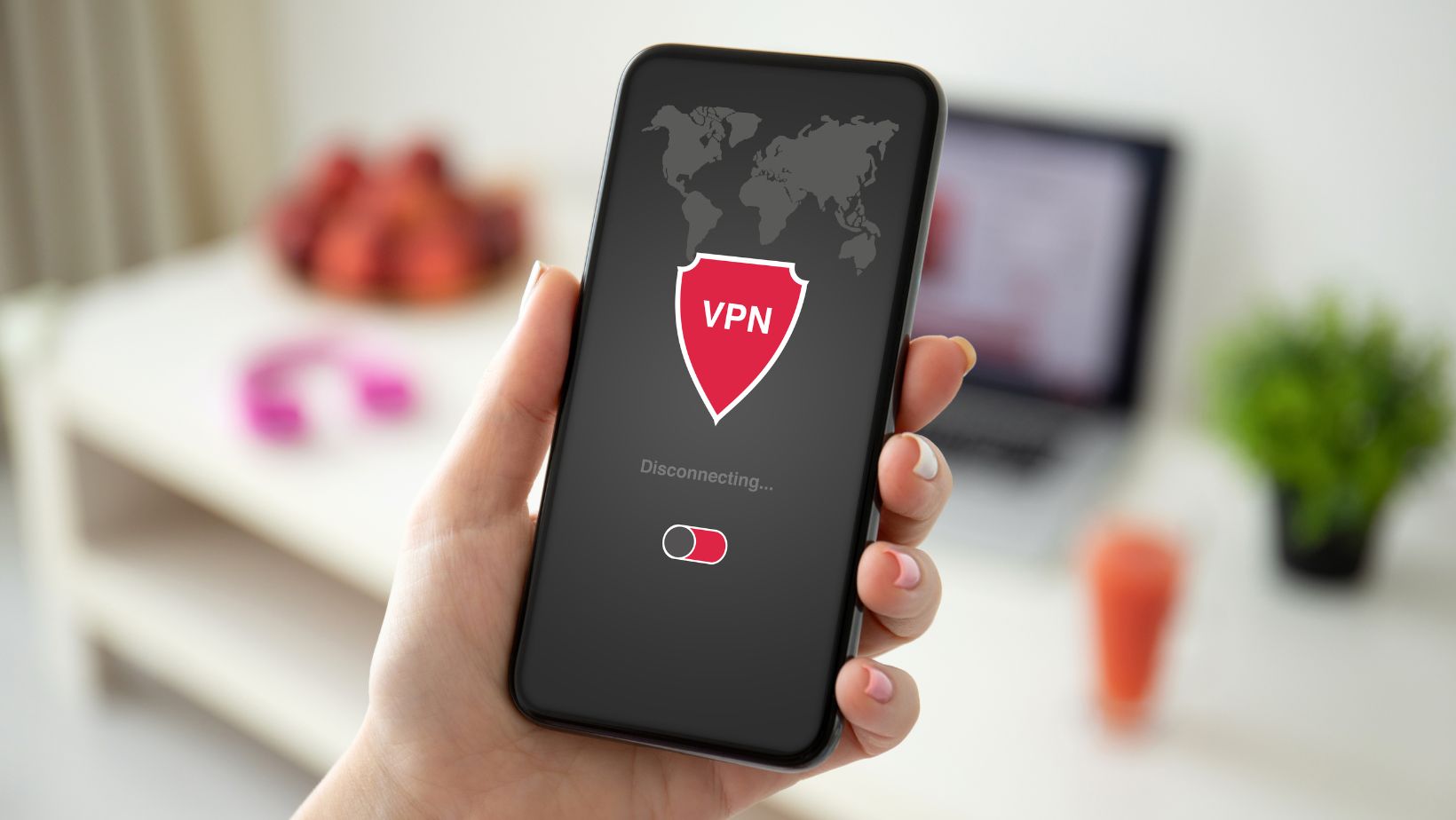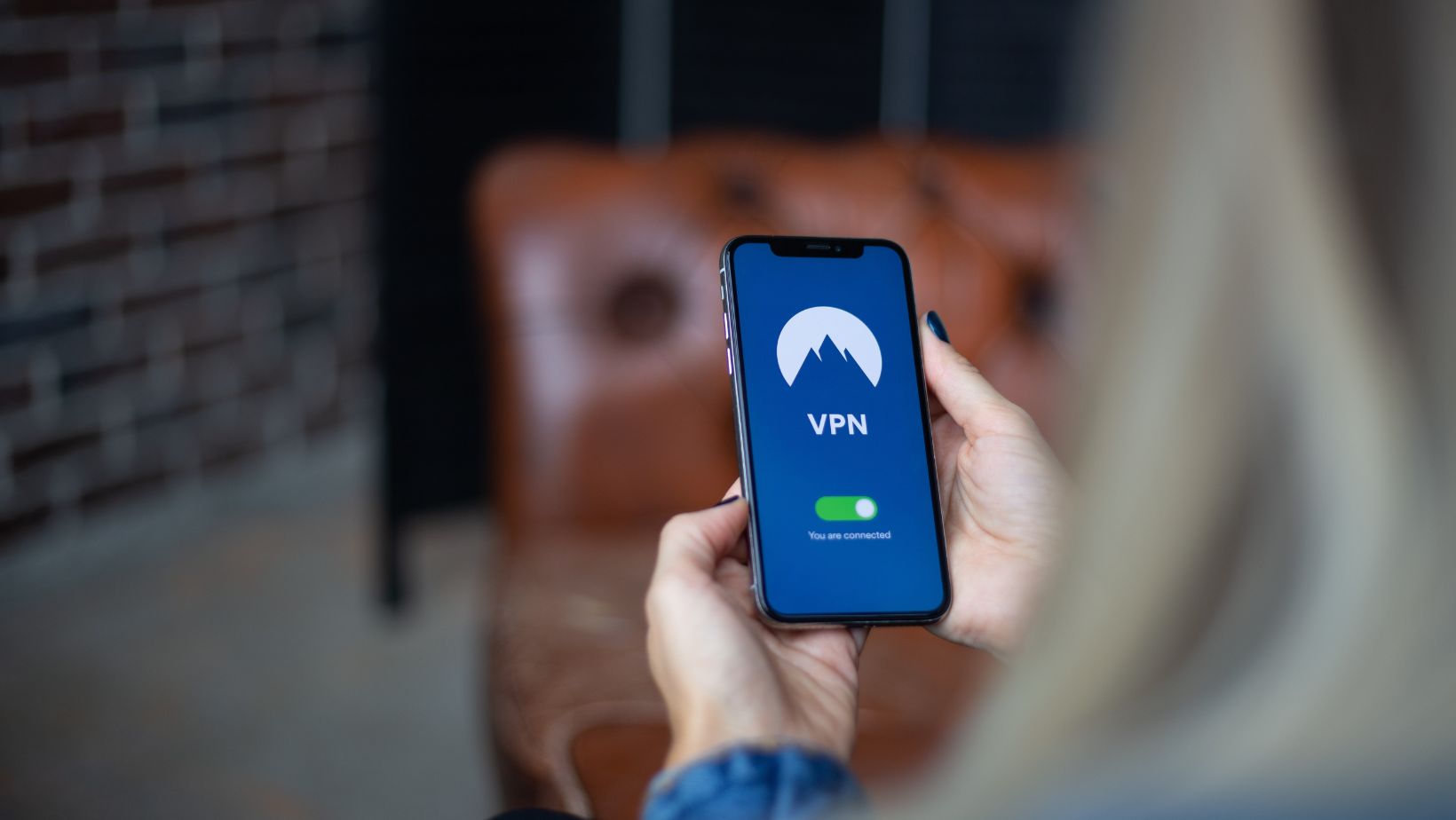In today’s digital age, online privacy is more important than ever. With an increasing number of personal activities taking place on the internet, protecting your information from prying eyes is not just a luxury—it’s a necessity. From social media interactions to online banking and shopping, our data is constantly being collected, analyzed, and sometimes exploited. As cyber threats continue to evolve, ensuring that your data remains private is no longer optional. One of the most effective tools to safeguard your online privacy is a VPN (Virtual Private Network). A VPN helps to keep your browsing habits private, ensuring that your personal information is protected while you surf the web.
The Rise of Online Privacy Concerns
Modern life heavily relies on the internet, which enables seamless connections and shopping alongside work and social activities. Online convenience presents a danger to users. Internet activity monitoring by hackers, government agencies, and advertisers enables them to access our personal information without our permission. The collection of user data by numerous online platforms leads to the creation of personalized advertisements, which in turn diminishes the importance of privacy protection. The rising number of security concerns regarding personal information safety primarily stems from sensitive data categories, including financial transactions, health records, and login credentials.

The development of the digital environment triggers new methods that cybercriminals employ in their attacks. Phishing scams, together with malware and identity theft attacks, have increased dramatically in recent times. Modern threats underscore the critical need for online security measures, as they pose a risk of falling victim to these cybercrimes. Proper precautions enable you to protect yourself from serious consequences that result from various potential dangers.
Why VPNs Are the Ultimate Privacy Solution
Virtual Private Networks (VPNs) function as services that generate protected, encrypted connections between devices and internet networks. The connection established through a remote server uses encryption to protect your data while simultaneously masking your IP address. Through VPN technology, any entity, including hackers, ISPs, and government agencies, finds it significantly more challenging to monitor your online activities. A VPN allows you to safeguard your data from unauthorized parties who might seek to access it.
A VPN provides users with anonymous internet browsing through its main advantage. The connection to a VPN server conceals your location and IP address, making it extremely difficult for third parties to track you. The risk of cyberattacks against public Wi-Fi networks underscores the importance of using a VPN. Your connection remains fully private through a VPN because it encrypts all data, making it unreadable to potential snoopers.
The Growing Importance of VPNs in 2025
The value of online privacy protection will continue to rise as time progresses toward 2025 and beyond. The amount of personal data shared through internet channels has reached unprecedented levels, as people conduct work at home while streaming content and engaging in online business operations. Governments, together with corporations, are intensifying their demands for people to provide their data for surveillance and marketing activities. The difficulty of maintaining private information control increases daily, making a VPN a must-have security tool.

The Internet of Things (IoT) poses an escalating concern because it connects everyday devices, such as smartphones and smart TVs, as well as home security systems, to the Internet. Life has become more convenient through these technologies, yet they also introduce new security risks. The devices gather and transmit data, making them vulnerable to attacks from cybercriminals. Your IoT devices stay protected from cyber threats because a VPN establishes additional security measures.
Users who employ VPN services remain compliant with privacy regulations in various countries as these solutions adapt to evolving online laws. The General Data Protection Regulation (GDPR) in the European Union requires organizations to apply strict limits to the protection of personal data. Your data security is supported by a VPN, which encrypts your information away from unauthorized access while maintaining your legal compliance.
Conclusion
The protection of our privacy faces advanced threats daily as concerns about online privacy persist into 2025. Online privacy demands proactive protection measures because personal data continues to grow in quantity through online sharing and collection. Using a VPN represents an essential security measure that protects you while browsing anonymously, encrypting your data, and safeguarding your personal information. The digital transformation requires stronger VPN protections to protect online privacy, as these tools will become increasingly vital in the future. The use of a VPN protects your data from hacking regardless of whether you access public Wi-Fi, stream content, or perform work outside your office.

